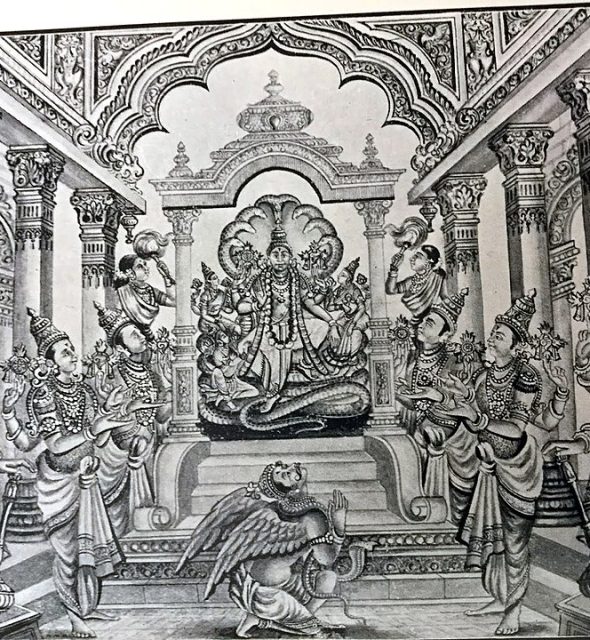
BAIKUNTHA (VAIKUNTHA) Everyone talks of going there, but I do not know the situation of Baikuntha. They do not know their own secrets, they only mention Baikuntha in their talk. As long as the mind hopes to go to Baikuntha, till that time, it cannot abide at the Feet of the Lord. I do not know the temple of Baikuntha, its moat, citadel and the plaster. Except this what can we say, says Kabir, that only the Saab Sangat (congregation) is the Baikuntha.

BENARES (BANARASA, VARANASI) .....They have rosaries around their necks and glittering jugs in their hands—they cannot be called the saints of Hari, they are the Thugs of Benares (Varanasi).(Asa Kabir, pp. 476) He lives on the bank of Asi rivulet in Benares (Varanasi). (Gond Namdev, p. 873) It is the sacred city of the Hindus, being a great religious centre. It is also called Kashi. After killing Kansa and restoring the throne of Mathura to Ugarsen, Krishna came to Kashi for higher education, because this city had been famous for higher religious education.
- 1
- 2












